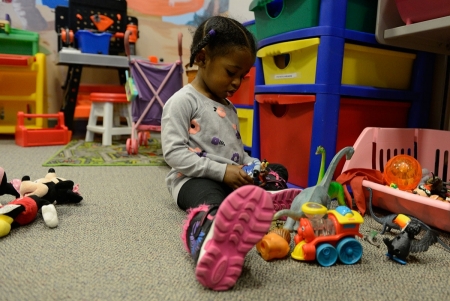Early childhood education programs – preschool/pre-K programs that focus on children under age 6 – give children the foundation that they need for lifelong learning. These programs not only teach fundamentals such as the alphabet, numbers, shapes, and simple vocabulary, but they also help children develop the emotional and behavioral skills needed to interact with other children and adults in a classroom setting.
Early learning programs provide the building blocks upon which learning is based and help instill the knowledge that these building blocks can be used to solve problems and achieve goals. Pre-K programs give children a jump start in academic achievement by showing them how to be students.
Fortified by more than 1,500 emails and in-person rallying of support by concerned citizens just like you, the Memphis City Council and the Shelby County Commission have passed a joint ordinance to establish a program for need-based pre-K. This is an important first step in ensuring that all of our community’s children can start kindergarten ready to engage with the curriculum and on the path toward academic achievement and graduation success.
What we must do now is make sure that sufficient funding is allocated to implement the program, and that’s where you come in. Join us at the next Momentum Memphis-MICAH Education Task Force meeting on April 1 and help develop an action plan to secure the funding for this vital initiative.
Let’s make sure that kids in Shelby County have the tools that they need to successfully complete their educations and go where they want to go in life.











